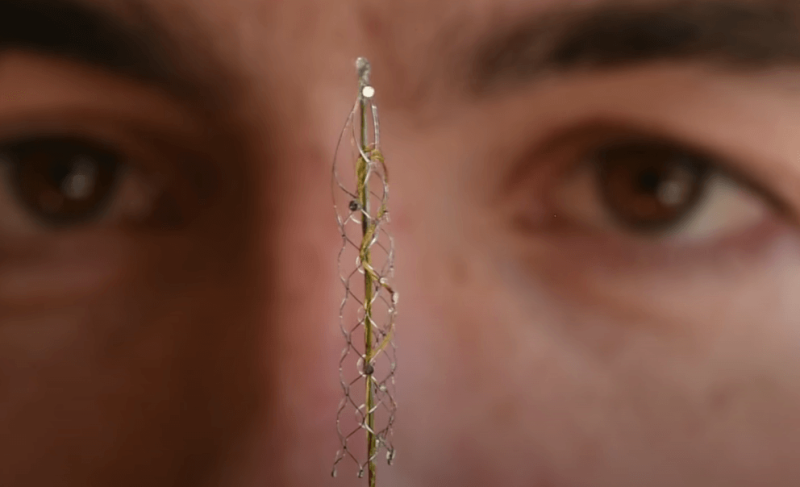[Thomas] Oxley is the founder and CEO of Synchron, a company creating a brain-computer interface, or BCI. These devices work by eavesdropping on the signals emanating from your brain and converting them into commands that then enact a movement, like moving a robotic arm or a cursor on a screen. The implant essentially acts as an intermediary between mind and computer.
But with the technology increasingly entering the commercial space comes a raft of ethical, legal, and social risks. The device’s key ingredient is neural data, which also happens to be a highly sensitive bounty. Questions naturally arise: How long should that data be stored, what should it be used for outside of the device’s immediate application, who owns the data, and who gets to do what they want with it?
“If this is private corporations with commercial interests in the data, is there anything kind of risky if it’s monopolized in one set of hands?” says Jennifer Chandler, a professor of law at the University of Ottawa who studies the intersection of the brain sciences, law, and ethics. There are questions around what happens if the company runs out of money and goes under—do patients get to keep the device? And if they want to get it taken out, would the company pay for removal? But the various ethical landmines shouldn’t prohibit the technology moving ahead, Chandler says. “My take would be: Be aware of the kinds of risks, pitfalls, challenges and address them early on and prepare, while pursuing the benefits of this as well.”































